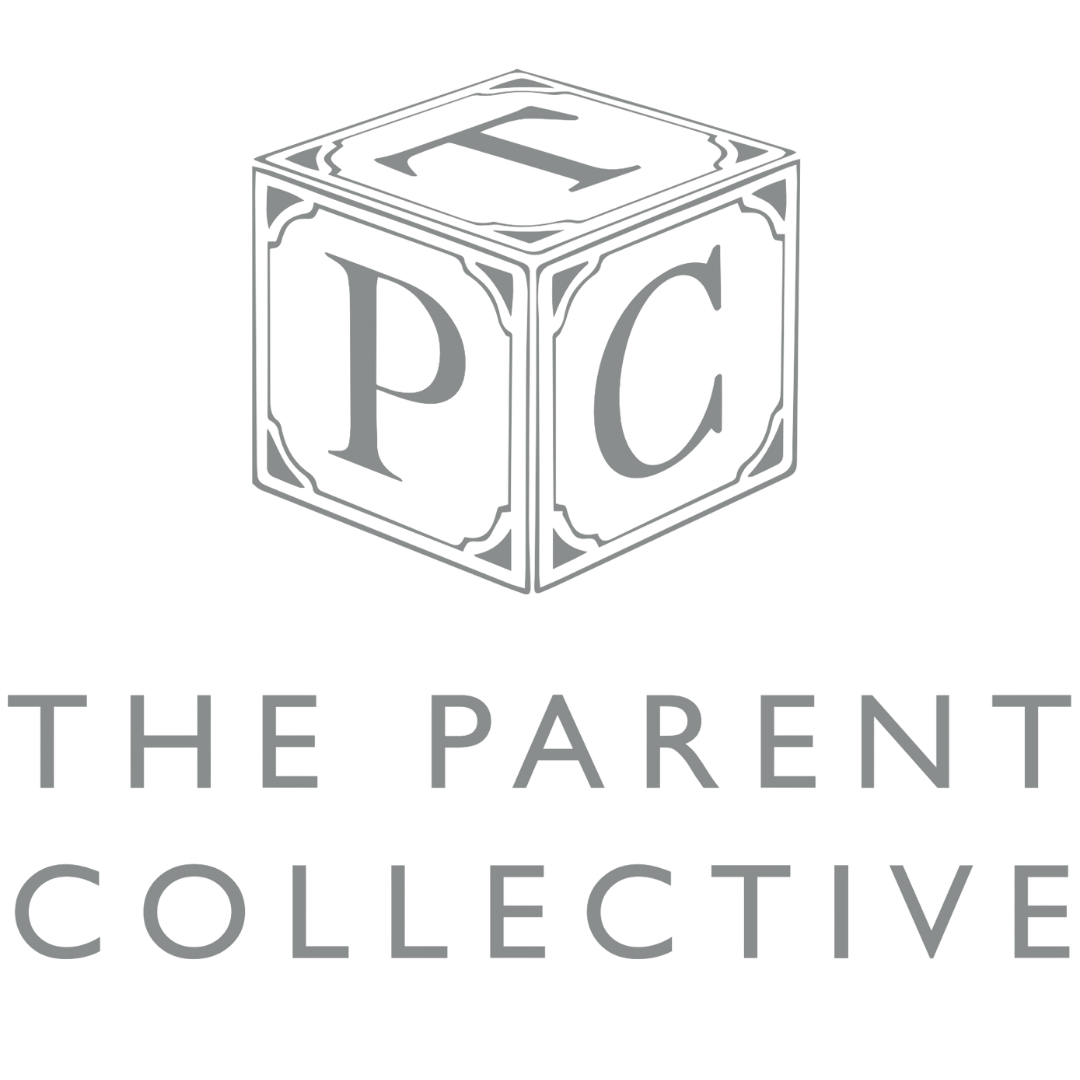How to Prepare Your Relationship for Having a Baby
Written for The Parent Collective by Ebru Halper, MS, LPC/LMHC, Westport Couples Counseling
Many studies across the globe conclude that the quality of marital relationships directly impact expectant parents’ mental and emotional health during pregnancy and post-partum. Those who take the time to prepare their relationships for the changes ahead fare significantly better than those who don’t. For instance, according to the extensive research by the Gottman Institute, while 66.5% of research participants who did not prepare their relationship experienced PPD, only 22.5% of research participants who engaged in a relationship workshop experienced PPD. We know that there are many factors that contribute to PPD, including genetics and a history of depression, and yet we also know that a healthy and secure relationship with our spouse can serve as a buffer against it.
Whether you attend a workshop, see a couples counselor, or do your own work together, it is essential to foster a strong relationship with your partner as you get ready to become first-time parents — think about all the time you’re spending on researching the best baby paraphernalia, surely your relationship deserves just as much attention and care.
Here are a few starting recommendations for you to consider:
1. Become aware of your feelings: This is a period of great anticipation, which naturally translates into a soup of hopes and fears about the future. Make sure you take the time to sit with all of those feelings to gain an awareness of what might be driving some of your present thoughts and behaviors. You may have some worries that you haven’t even acknowledged to yourself yet, which may be inadvertently driving some of the tensions between you and your partner. I recommend journaling, engaging in a mindfulness practice, or even going for a walk without distractions. When you can put words to your experience, you can communicate more openly and honestly with each other.
2. Share your expectations during the pregnancy and of the first few months: As much as we’d like to think our partner can read our mind, what I often see in couples therapy is that so many of our hopes and assumptions remain unspoken. When left unfulfilled, those unspoken assumptions can turn into disappointment and resentment toward your partner. Strong, lasting relationships are built on a foundation of good communication and an openness to attuning to each other’s experiences. The earlier you can share your expectations, the less likely for them to come out of your mouth as criticism or blaming. Parenthood is fraught with a myriad of sensitive conversations — take this relatively quieter time to build that open channel of communication and remain a mutually supportive team.
3. Create shared memories: Your relationship will start to shift well-before your baby is born, which is why it is so important to engaged in shared experiences before you officially become parents. Whether you are attending classes like those offered at The Parent Collective, taking a course about a shared interest/hobby, or going on your favorite walks, make yourselves a fun list of things you can do together that will increase a reserve of memories that provide fondness and admiration for each other (and no, bing-watching the latest shows does not count!). When you share enjoyable experiences together, you are reminded of each other’s wonderful qualities. Those are the very qualities you will need to remember if you feel disconnected during stressful periods.
Prioritizing your relationship is not only essential for preparing your marriage to withstand external stressors, it will also determine the quality of your bonding with your new baby, as well as model for him/her what secure attachment looks and feels like.
The Parent Collective (TPC) offers a new approach to prenatal classes which helps couples establish friendships among others who live local to one another and are due at the same time all while skipping the judgments and agendas of other classes. Inspired by the NCT of the UK, TPC is an alternative to other childbirth education classes which lend themselves to a more intensive, one-and-done model and we hope that couples taking a TPC series will cultivate a social network through weekly participation, forge a robust prenatal/parental support system and of course, gather playmates for the little ones on the way. Classes are currently running in Fairfield County CT, Manhattan and Long Island. To learn more visit: www.theparentcollective.com
Ebru Halper, MS, LPC/LMHC, NCC is a licensed psychotherapy (CT and NY) and Certified Emotionally Focused Therapist. She provides couples and individual counseling for those who want to improve or heal their intimate relationships, including issues around sex, affairs, and divorce. Additionally, Ebru has a special interest in helping those coping with infertility — a deeply personal issue for which she provides advocacy, education, and counseling. To learn more, go to https://www.westportcouplescounseling.com
